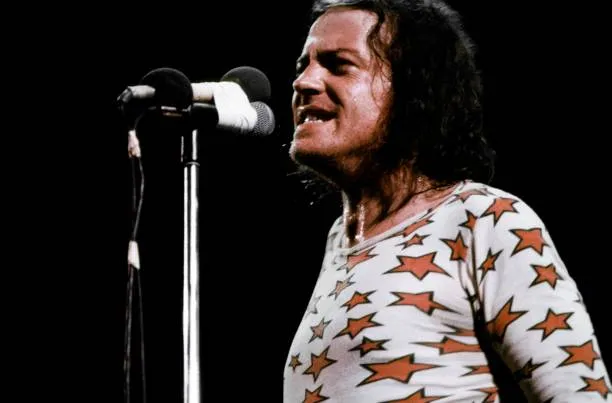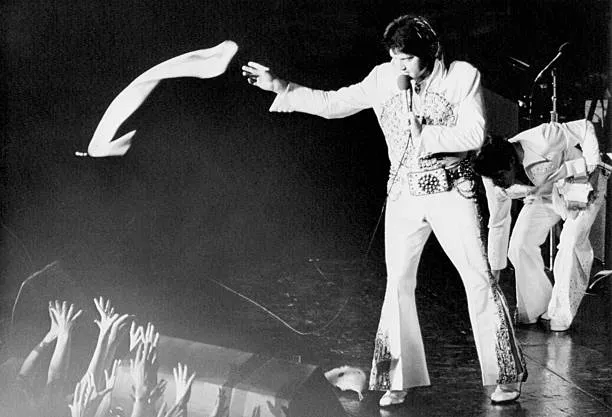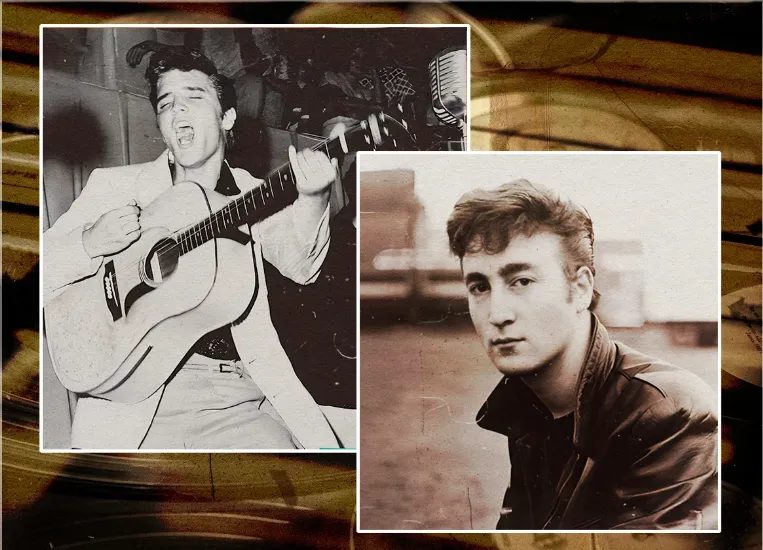Elvis Presley, known as the King of Rock and Roll, led a life marked by extraordinary success and immense pressure. His demanding schedule, combined with the unique challenges of fame, influenced many aspects of his life, including his sleep habits. Elvis's approach to sleep was unconventional, shaped by his lifestyle and the physical and mental strains of his career.
The King's Sleep Schedule

Elvis Presley’s sleep patterns were far from typical. Unlike most people who follow a regular sleep schedule, Elvis's routine was dictated by his erratic lifestyle. As a performer, his nights were often spent on stage or traveling, leaving him to sleep during the day. This nocturnal lifestyle contributed to a sleep schedule that was both irregular and insufficient by conventional standards.
Elvis was known to be a night owl, often staying awake until the early hours of the morning. After his concerts or recording sessions, he would unwind with friends, watch television, or play music. This routine meant that his sleep would usually begin in the early morning and extend into the afternoon. On average, Elvis would sleep between four to six hours per day, although this could vary significantly depending on his schedule and activities.
Factors Influencing Elvis’s Sleep Habits

Several factors contributed to Elvis’s unconventional sleep habits. The physical demands of performing, the constant travel, and the pressures of maintaining his public image all played a role. Additionally, Elvis's love for late-night activities, such as entertaining guests and engaging in hobbies, further pushed his sleep into the daytime hours.
Another significant factor was Elvis’s use of prescription medications. To cope with the pressures of fame and the physical demands of his career, Elvis relied on various medications, including stimulants to stay awake and sedatives to help him sleep. This dependency on drugs to regulate his sleep-wake cycle exacerbated his irregular sleep patterns and had long-term health consequences.
Impact on Health and Well-being

Elvis’s unconventional sleep habits took a toll on his health and well-being. Chronic sleep deprivation can lead to a range of health issues, including weakened immune function, increased risk of cardiovascular disease, and impaired cognitive function. For Elvis, the lack of restorative sleep likely contributed to the physical and mental health problems he faced later in life.
In addition to the physical health impacts, the erratic sleep schedule also affected Elvis's emotional and psychological well-being. Sleep is crucial for emotional regulation and mental health, and the lack of consistent, quality sleep can exacerbate feelings of stress, anxiety, and depression. Elvis’s reliance on prescription medications further complicated these issues, creating a vicious cycle that was difficult to break.
The Legacy of Elvis's Sleep Habits

Understanding Elvis Presley’s sleep habits offers a glimpse into the pressures and challenges faced by one of the most iconic figures in music history. His unconventional approach to sleep was a reflection of his unique lifestyle and the demands placed upon him by his career and public image. While his sleep patterns were atypical, they underscore the broader issue of how fame and success can impact personal health and well-being.
Elvis’s experience serves as a reminder of the importance of prioritizing sleep and maintaining a healthy lifestyle, even in the face of demanding schedules and external pressures. It highlights the need for balance and the potential consequences of neglecting fundamental aspects of health, such as sleep.
In conclusion, Elvis Presley’s sleep habits were as extraordinary as his career, shaped by the demands of his profession and his personal choices. While he may have found a way to cope with his unconventional schedule, the long-term effects on his health and well-being were significant. Elvis's story continues to fascinate and offers valuable lessons on the importance of sleep and self-care in the pursuit of success.



